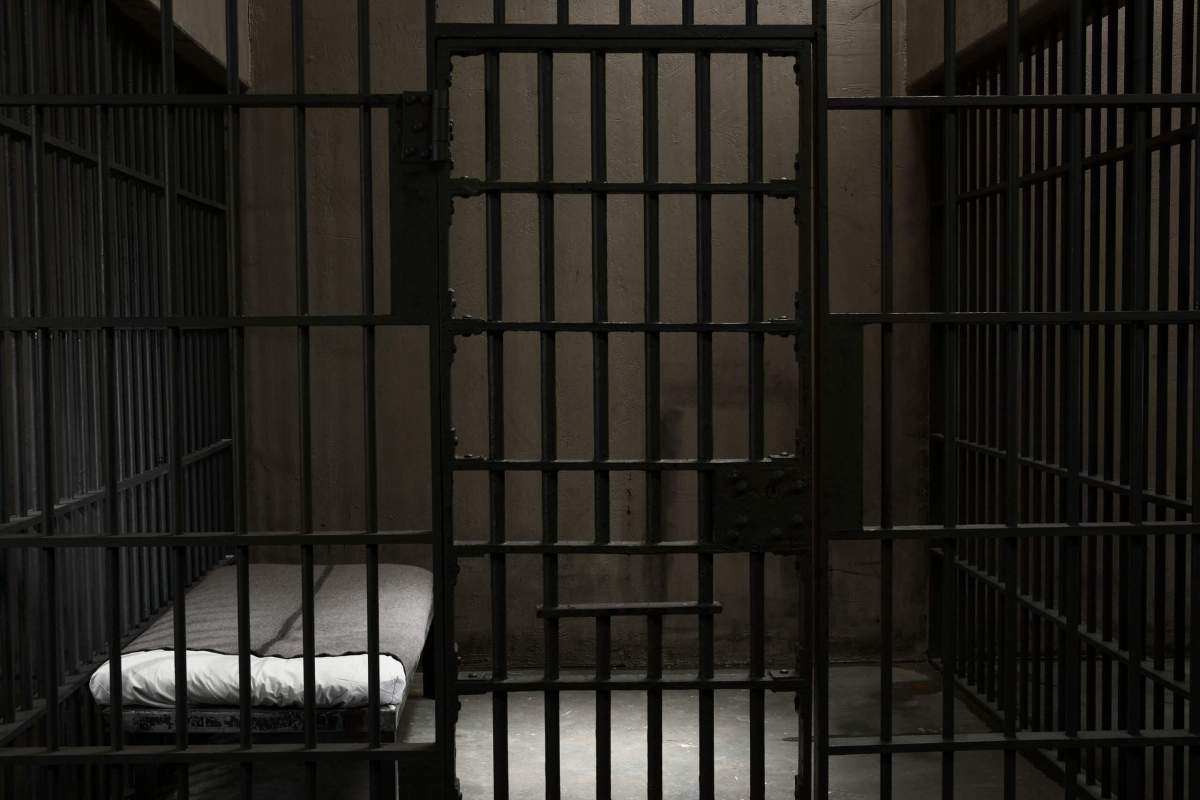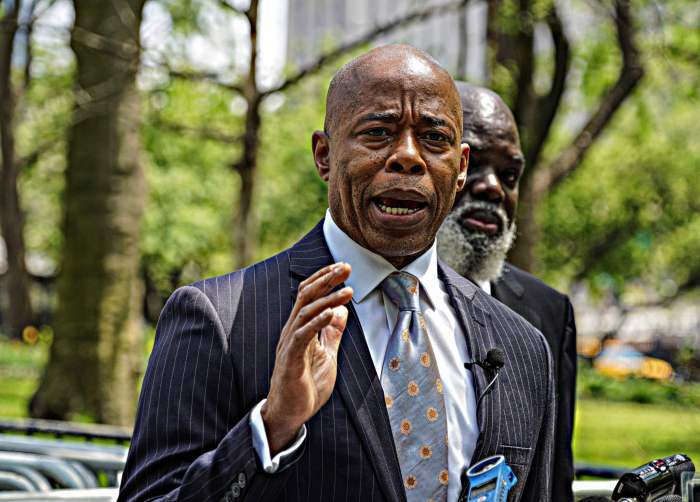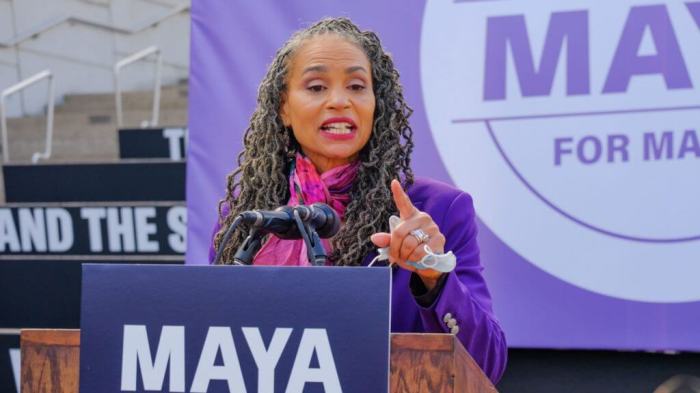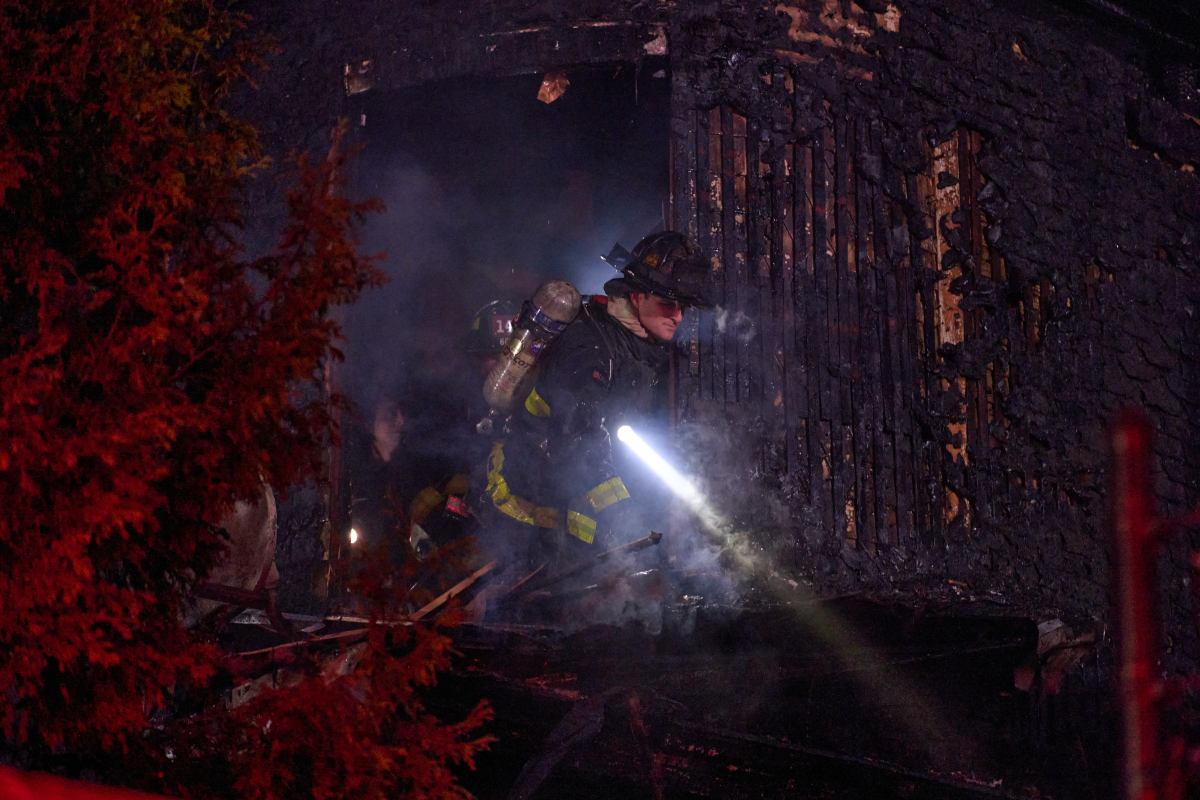In 2020, the year bail reform became effective, shootings doubled within the five boroughs and homicides increase nearly 50 percent — and 2021 is not looking much better.
Now the Albany politicians that gave us bail reform, are using a similar playbook to drastically overhaul the state’s parole system and limit the state parole board’s discretion to deny parole to inmates with troubling histories.
Alvin Bragg, my Democratic opponent in the current race for Manhattan District Attorney, supports the proposed legislation as well as the current bail law.
Senate Bill S1415-A, the Fair and Timely Parole bill, shifts the burden from the parolee to demonstrate why they should be granted parole, and places it on the parole board to demonstrate why they should not.
It strikes out the current language requiring a determination that an inmate is likely to live a law abiding life and not be a danger to society, and replaces it with language requiring that “parole shall be granted to any incarcerated person appearing before the board” unless there is evidence of “a current and unreasonable risk the person will violate the law if released and such risk cannot be mitigated by parole supervision.”
Read another way, the proposed law states that parole shall be granted release unless the parole board can demonstrate that the parolee presents an unreasonable risk of violating the law upon release. “Unreasonable” is a spongey term — but it may likely translate to a standard where only those that present the most obvious danger to society will be denied parole, leaving a trove of potentially dangerous criminals to be released as a matter of course with no discretion by the parole board.
Moreover, the board must also show that the unreasonable risk, however that may be defined, is a “current” one. Thus, an inmate who has committed a series of assaults while incarcerated, may be mandated for release after only a brief period of repose.
Finally, even inmates that present a current and unreasonable risk to public safety are not without recourse. They too must be released so long as the risk they present can be “mitigated” by parole supervision.
Parole by definition is designed to mitigate the risk of reoffending, but it does not eliminate it. As it is, few people would be willing to trust the State parole system to protect their family or loved ones from an inmate that presents a current and unreasonable risk to public safety, yet the proponents of this current legislation are prepared to make that choice for you.
One reason legislators are successful in getting terrible laws passed is that most people have neither the legal training nor the inclination to sift through the legalese with which they are written. Yet experienced attorneys know that a legal “presumption” in favor of anything, is unlikely to be overcome in most cases. The practical effect of the proposed legislation is to convert parole from a privilege, based on merit, to a right, where dangerous criminals are paroled against the better judgement of a qualified parole board.
In many instances this will result in tragic consequences that would otherwise have been avoidable had proper discretion been applied.
Greater emphasis should be placed on inmate rehabilitation and efforts should be made to expedite the release of appropriate elder inmates, who studies show are less likely to reoffend. A more reasonable version of the above law, the Elder Parole bill, also pending in the Senate, would do just that; although revisions need to be carved out for inmates that commit more heinous offenses such as rape and murder.
Society needs to be protected from demonstrably dangerous people and victims of violent crimes and their families are entitled to the just desserts of having their tormentors appropriately punished.
Reducing prison populations is a noble cause, and one that should transcend party lines. Too many people, particularly those of color, have called prison home for too long. We must do so, however, in a way that does not endanger public safety or show indifference to survivors of violence.
The best approach to depopulating prisons is fair criminal justice policies that embrace rehabilitation without abandoning deterrence, and sound public policy that addresses the causes of criminality before it occurs.
Thomas Kenniff, a former prosecutor and criminal defense attorney, is the Republican Nominee for Manhattan District Attorney.
Editor’s note: The views expressed in this and other op-eds are strictly those of the author, and do not necessarily reflect the views and opinions of amNewYork Metro, Schneps Media, or its staff.


































